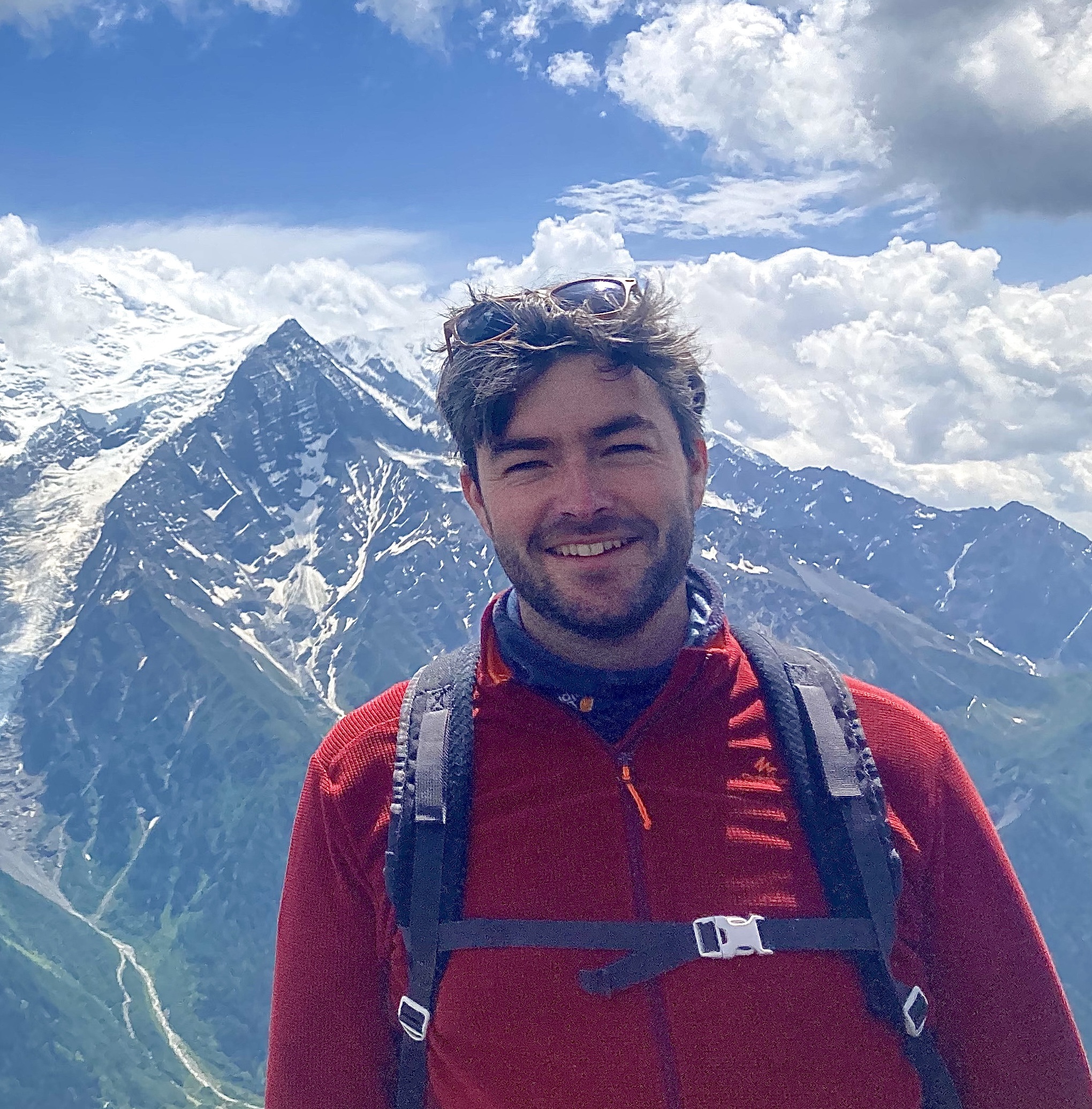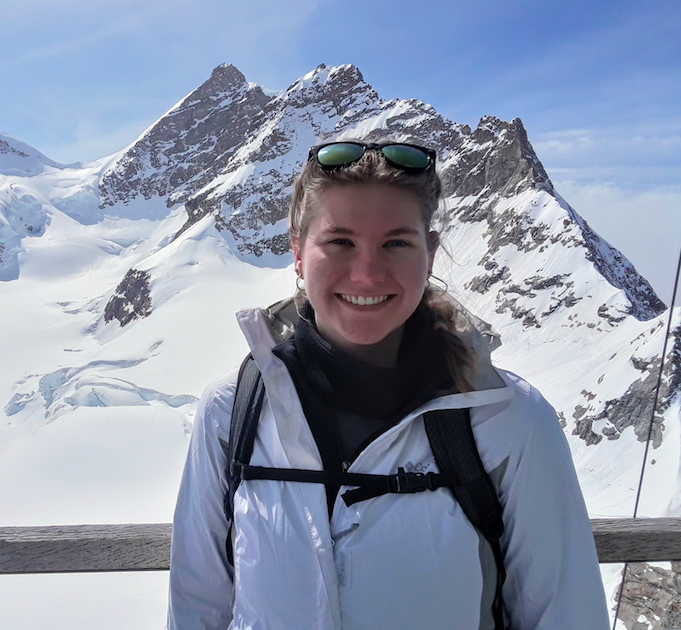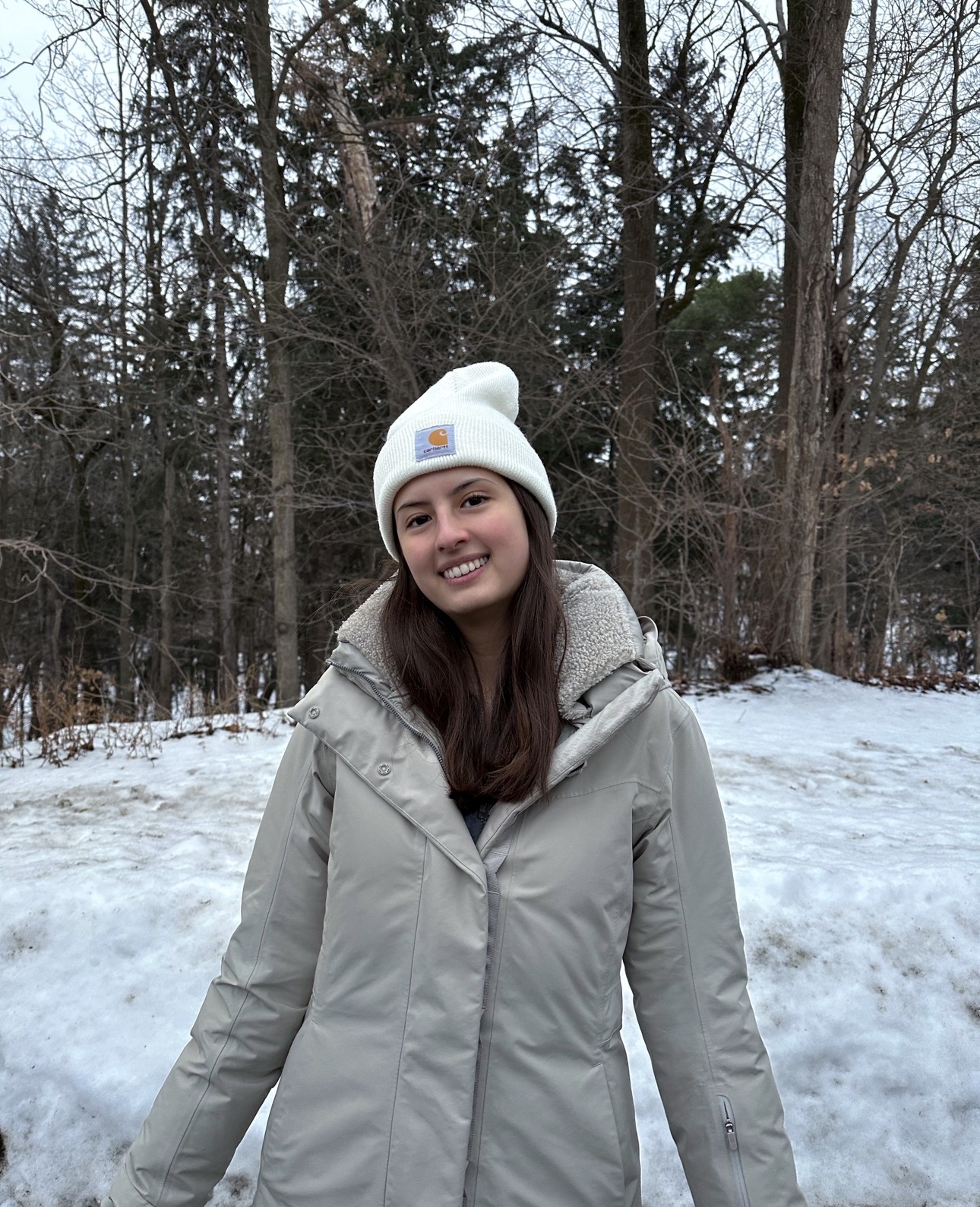Staff
Director
Pam Pearson is a former U.S. diplomat with 20 years of experience working on global issues, including climate change, non-proliferation, and various initiatives on the environmental and social policies of the multilateral development banks. She served in postings to Ecuador, Sweden, Norway, and several of the newly independent states of the former Soviet Union, designing some of the very first environmental health programs there. She was part of the Kyoto Protocol negotiating team. From 1999-2003 Pam was a counselor and acting deputy ambassador to Norway and served as the United States focal point to the Global Fund on AIDS, Malaria, and Tuberculosis from 2003-2005. She resigned in 2006 in protest over changes to U.S. development policies, especially related to environmental and global issues programs. From 2007-2009, she worked from Sweden with a variety of organizations and Arctic governments to bring attention to the potential benefit of reductions in short-lived climate forcers to the Arctic climate, culminating in Arctic Council ministerial-level action in the Tromsø Declaration of 2009.
Pam founded ICCI immediately after COP15 to bring greater attention and policy focus to the rapid and markedly similar changes occurring to cryosphere regions throughout the globe; their importance to the global climate system; and the need for intensified and specific mitigation efforts to slow these changes and allow greater adaptation by local peoples.

Svante Bodin
Chair, Advisory Board
svante@iccinet.org
Chair, Advisory Board
Dr. Svante Bodin holds a Ph.D. in Meteorology and became an assistant professor at the University of Stockholm in 1980. He headed research at the Swedish Meteorological and Hydrological Institute (SMHI) from 1979-84, and from 1984-1989 directed the Swedish National Weather Service. In 1989, Dr. Bodin joined the Swedish Ministry of Environment as head of the division for Climate Change, Marine Issues, and Air Pollution, serving on or heading a wide variety of delegations to a broad variety of environmental forums, including the UNFCCC, Montreal Protocol, and Arctic Council. Dr. Bodin retired from government service after COP-15 and joined ICCI in 2010 as European Director. Svante became Chair of ICCI’s Advisory Board in 2019, replacing Ambassador Bo Kjellen.
Eurasia and Nordic Director
Dr. Miriam Jackson is a glaciologist and climate scientist with wide experience from High Mountain Asia, the Arctic and the Antarctic. She has an MSc from the Byrd Polar Centre at Ohio State University, and a PhD from California Institute of Technology, during which she completed four field campaigns in Antarctica. She has worked extensively in the Arctic including Norway, Greenland, Svalbard and Iceland, and was responsible for running the unique Svartisen Subglacial Laboratory for over 20 years, and was the Norwegian lead for several EU projects on glacial hazards and glacier monitoring. In the Hindu Kush Himalaya, she worked with the Bhutanese government to establish its first glacier mass balance programme, and spent several years at the International Centre for Integrated Mountain Development (ICIMOD). Miriam is an IPCC lead author in the High Mountain Areas chapter in the IPCC Special Report on Oceans and Cryosphere in a Changing Climate (SROCC), and editor/lead author for the “Water, ice, society, and ecosystems in the Hindu Kush Himalaya (HiWISE)” report.

Dr. James Kirkham
AMI Chief Science Advisor & Coordinator
james@iccinet.org
Ambition on Melting Ice (AMI) Chief Science Advisor and Coordinator
Dr. James Kirkham is a glaciologist and climate scientist. He received his PhD and MPhil degrees in Antarctic climate science from the University of Cambridge and the British Antarctic survey, and a BSc in geography from Durham University. He has undertaken two field campaigns to Antarctica as a geophysicist with the British Antarctic Survey, including to Thwaites Glacier — one of the most rapidly changing and unstable glaciers in the world. He also worked as a snow scientist at the International Centre for Integrated Mountain Development (ICIMOD) in Nepal, installing and analysing high-altitude weather stations to improve understanding of high-mountain water security. James now serves as the Chief Science Advisor and Coordinator of the Ambition on Melting Ice (AMI) High-level Group on Sea-level Rise and Mountain Water Resources.

Julius Garbe
Antarctica Director
julius@iccinet.org
Antarctica Director
Julius Garbe is a climate scientist and ice-sheet modeler specialized in Antarctic Ice Sheet stability, tipping points, and their contribution to sea-level rise. He holds a BSc in Physics from Humboldt University of Berlin, an MSc in Integrated Climate System Sciences from the University of Hamburg, and is currently completing his PhD at the Potsdam Institute for Climate Impact Research. He has contributed to the development of the open-source Parallel Ice Sheet Model (PISM), participated in multiple international model intercomparison projects, and co-authored the Global Tipping Points Report. His research on Antarctic Ice Sheet tipping points was featured as a Nature cover story. As ICCI’s Antarctica Director, he brings his expertise on polar ice dynamics and Earth system thresholds to support international efforts addressing the need for greater mitigation ambition alongside adaptation, especially with regard to sea-level rise, to address the consequences of rapid ice loss in a warming climate.
Global Mountains Director
Dr. Susana Hancock is an interdisciplinary polar climate researcher with three graduate degrees from the University of Oxford with research encompassing social and natural sciences. A former international elite rower, she now meets her athletic cravings by skiing across polar ice sheets and glaciers during which she collects data in conjunction with global research institutions. Susana was President of APECS (Association of Polar Early Career Scientists) from 2022-2023, and one of the founders of the UArctic Next-Gen Science Diplomats. She further expanded her science-policy background as the Science Manager for Arctic Basecamp, where she brought climate urgency into the business community at the World Economic Forum and through UN processes. At ICCI, Susana serves as the Global Mountains Director, where she works to liaise between mountain communities, mountain cryosphere science, and international policymaking.

Amy Imdieke
Global Outreach Director
amy@iccinet.org
Global Outreach Director
Amy Imdieke holds an undergraduate degree in Chemistry and English from St. Olaf College in Minnesota. She has research experience in biophysical chemistry and served as an editor for several undergraduate journals and newspapers. She writes the weekly Cryosphere Capsules summarizing the latest findings in snow and ice research, and helps communicate the urgency of emission reductions to prevent additional loss and collapse of mountain and polar cryosphere. Her work centers around developing contacts with media, the scientific community, governments, NGOs, and international organizations, especially the UNFCCC, Arctic Council, Antarctic Treaty system and Mountain Partnership as well as the Ambition on Melting Ice (AMI) High-level Group. She also coordinates travel plans, finances and logistics for ICCI’s work at various conferences, including the Cryosphere Pavilion every year since COP26.
China Program Coordinator
Dr. Mengzhu Zhang is a PhD student at the University of Tasmania. Her research focuses on the development of China’s Antarctic science program and its engagement in the Antarctic Treaty System (ATS). At ICCI, she conducts outreach efforts to Chinese cryosphere scientists, with a focus on the five main dynamics: ice sheets / sea-level rise, mountain glaciers and snow, sea ice, permafrost and polar ocean acidification. She helps Chinese research publications on relevant cryosphere topics gain policy and media attention, and develops informational materials such as print, video and audio material designed to communicate cryosphere developments to Chinese policy makers and the general public.

Haily Landrigan
Science Writing Intern
Science Writing Intern
Haily Landrigan is a junior at St. Olaf College in Minnesota pursuing a Bachelor of Arts in Biology. She works on campus as a Writing Tutor for undergraduate students where she helps develop ideas, structure drafts, and offer research support including finding and evaluating sources. As an intern with ICCI, she communicates scientific findings to a wide variety of audiences, including global policy makers. She is passionate about global collaboration toward climate progress. Her work focuses on the weekly Cryosphere Capsules as well as grant writing projects.

Dr. Gail Stevenson
Coordinator for Black Carbon Mitigation
gail@iccinet.org
Coordinator for Black Carbon Mitigation — Domestic Heating/Woodstoves
Dr. Gail Stevenson holds a Ph.D. in Economics and has worked in global higher education for more than 30 years. She comes with a broad and deep regional background in both Scandinavia and Russia. She worked in Norway at the University of Oslo and the Norwegian National Committee for Norwegian Youth Organizations (NIU/LNU), was a guest researcher at PRIO (Peace Research Institute Oslo), and has a cand. mag. degree from the University of Oslo. She studied in St. Petersburg, was a Fulbright guest lecturer in Minsk, worked as the Director of the American Collegiate Consortium in Moscow for several years, and has a B.A. in Russian. She joined the ICCI in 2011 as the U.S.-based Russia Program Director.

Juliana Albertengo
Coordinator for Black Carbon Mitigation
juliana@iccinet.org
Coordinator for Black Carbon Mitigation — Agricultural Open Burning
Juliana Albertengo is an Agronomic Engineer and holds an MSc in Agronomy from Iowa State University. She lives in San Jorge, Santa Fe, Argentina, and belongs to a farming family. She is an expert on conservation agriculture and is passionate about sustainability and certification schemes. She speaks Italian, French, English and Spanish. Juliana has worked for the Argentinean No-Till farmers Association (AAPRESID) leading agricultura certificada, the annual congress and international relationships. She has also served as a private consultant for companies such as Solidaridad, Coca-Cola, IFC and FAO. Juliana has worked for ICCI since 2016 as the Andes Project Coordinator. She has lead ICCI’s projects in Peru and Ecuador, and produced a project proposal for Bolivia.
Occasional Antarctic Advisor, Francophonie
Dr. Lydie Lescarmontier is a former glaciologist, specialized on the impact of climate change on the Antarctic ice sheet. She has worked in France and Australia as a researcher and has conducted more than ten field missions in Antarctica with the help of the French and Australian polar institutes. In 2014 she joined the French National Committee for Arctic and Antarctic Research (CNFRAA) as a young researcher representative and became vice-president of the young polar researchers association APECS-France. After more than 10 years of expeditions in the Arctic and Antarctic as a scientist and a guide she dedicated her work to education and raising awareness on climate issues. In 2018, she joined the creation of the Office for Climate Education, a UNESCO center that aims to create educational resources on climate change for teachers in developing countries. She then used her outreach and scientific skills as Antarctica Director at ICCI. She is now working as a consultant and is specially involved in the francophonie network.
Senior Consultants
Lars Nikolaisen is a Mechanical Engineer working for more than 35 years in the Danish sustainable energy sector. As a project engineer in a Danish boiler company, he was responsible for the construction and commissioning of wood-fired district heating plants. He has served for many years as a consultant at the Danish Technological Institute, dealing with the design of cleaner combustion equipment for biomass, testing biomass-fired stoves and domestic boilers including emissions from biomass combustion; and reporting about renewable biomass resources: wood, straw, energy crops, biomass waste, and macroalgae. He has also been involved in R&D Quality Characterisation on biomass, biomass logistics, and conditioning, storing and handling, and technology transfer for energy projects in Europe and Asia. Lars joined ICCI as a consultant in spring 2015, working on projects related to technology development and testing of extremely- low-emission stoves, including low emissions of black carbon.
Dr. Stephanie Smith Kinney is an adjunct professor of Sustainability and Public Policy for the Maxwell School of Syracuse University. A retired diplomat with more than 25 years of experience, primarily in Mexico, South America, and Europe, she was one of the original U.S. negotiators for the Framework Convention on Climate Change from 1989 -1992. Subsequently, she was involved in shaping the first meetings of the UN Commission on Sustainable Development and the negotiation of the Copenhagen amendment to the Montreal Protocol. Returning to the field, she pioneered the model for the first Regional Environment Hub, based in Copenhagen and covering the Nordic and Baltic states. (Today there are a dozen Regional Environmental Hubs, including one in Lima, Peru.) During this time, she accompanied a Presidential Commission to study Greenland and was engaged in consolidating the role and functions of the Arctic Council. Called back from retirement, Ms. Kinney also helped set up the Asia-Pacific Partnership for Climate and Cleaner Technology. Asked to join ICCI as its Andean Director in late 2014, she is delighted to see the impressive changes in the Andean Region and its wonderful local talent and capacity, on which she hopes to draw in developing ICCI’s new Andean initiatives.
Dr. Lars-Otto Reiersen is the former Executive Director, Arctic Monitoring and Assessment Programme (AMAP), Arctic Council.

Lars Nikolaisen
Senior Consultant
lars.ni@iccinet.org

Stephanie Kinney
Senior Consultant
stephanie@iccinet.org
ICCI Boards
ICCI is a registered non-profit in both Sweden and the United States, with two legal boards:
ICCI (Global – US)
Dr. Lars-Otto Reiersen
Dr. Luisa Molina
Dr. Svante Bodin
Pam Pearson
ICCI (Europe – Sweden)
Dr. Gustaf Hugelius
Lars Nikolaisen
Dr. Svante Bodin
Pam Pearson





